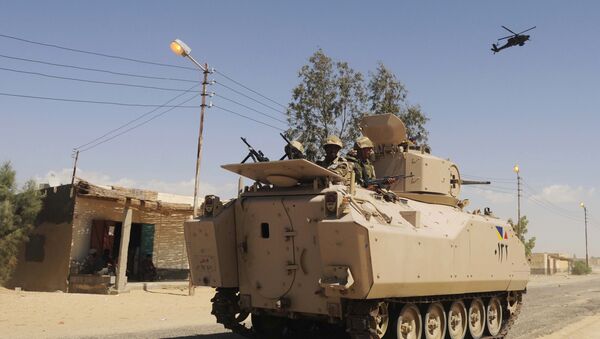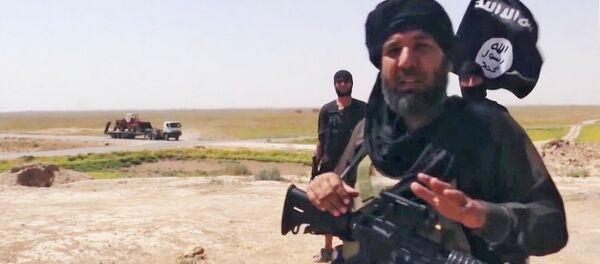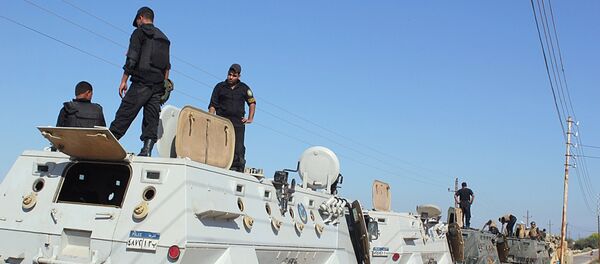The US officially withdrew from Iraq in 2011, but US Defense Secretary Ashton Carter announced on Tuesday that Washington intends to send additional troops to the Middle Eastern country it formerly destabilized.
"We’re going to accelerate the military campaign as fast as we can," he told reporters. "There’s no question that some of them depend upon political cohesion and progress in Baghdad. But also Erbil. But, we’re moving as fast as we can on the military campaign."
Carter’s justification is the continued existence of Daesh, also known as IS/Islamic State, in the country’s north.
But the terrorist group also has a growing foothold in Egypt, where the US maintains a small peacekeeping force as part of the UN-sponsored Multinational Force of Observers.
According to a defense official speaking to Defense News, Carter has been in "formal communications" with Egypt and Israel to discuss the possibility of a troop drawdown.
"I don’t think anyone is talking about a full-scale withdrawal. I think we are just looking at the number of people we have there to see if there are functions we can automate," Pentagon spokesman Navy Capt. Jeff Davis told Defense News.
"We know that ISIL is active in the Sinai. It’s a situation there that has risks, and we want to make sure we’re addressing those risks appropriately."
While the US contingent, known as Task Force Sinai, has operated on the peninsula since 1982, it was a largely uneventful role. Last year, however, a militant group known as Wilayat Sinai allied itself with Daesh, resulting in almost daily fighting.
The intensification has taken a toll. In September 2015, a pair of IEDs injured four US troops traveling near the Egypt-Israeli border. Shortly before that incident, gunmen targeted the team’s camp, injuring one.
While there are currently over 700 US troops stationed with Task Force Sinai, the Pentagon may replace many of those with "modern technology to automate or apply remote sensors."
It is unclear if those troops will return home or be redirected to Iraq.




